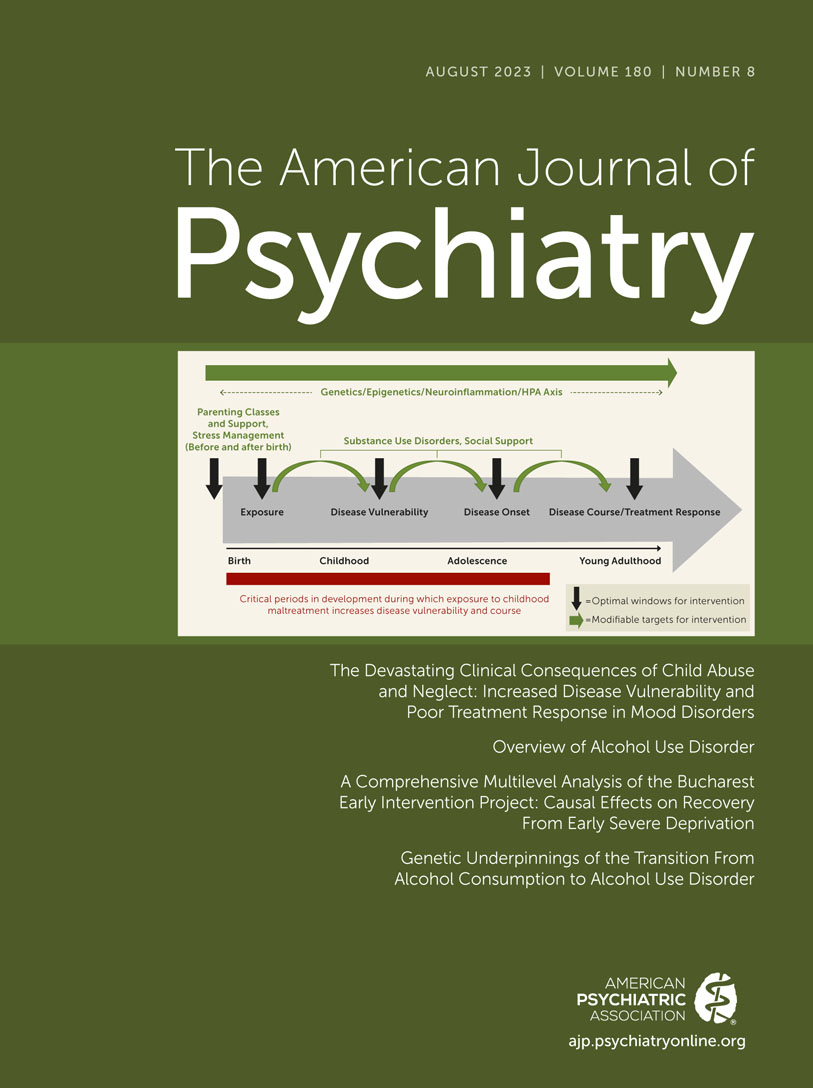A Comprehensive Multilevel Analysis of the Bucharest Early Intervention Project: Causal Effects on Recovery From Early Severe Deprivation
Abstract
Objective:
The Bucharest Early Intervention Project is the first randomized controlled trial of foster care as an alternative to institutional care. The authors synthesized data from nearly 20 years of assessments of the trial to determine the overall intervention effect size across time points and developmental domains. The goal was to quantify the overall effect of the foster care intervention on children’s outcomes and examine sources of variation in this effect, including domain, age, and sex assigned at birth.
Methods:
An intent-to-treat approach was used to examine the causal effects of the randomized controlled trial for 136 children residing in institutions in Bucharest, Romania (baseline age, 6–31 months) who were randomly assigned to either foster care (N=68) or care as usual (N=68). At ages 30, 42, and 54 months and 8, 12, and 16–18 years, children were assessed for IQ, physical growth, brain electrical activity (EEG), and symptoms of five types of psychopathology.
Results:
Participants provided 7,088 observations across follow-up waves. Children assigned to foster care had better cognitive and physical outcomes and less severe psychopathology than did those who received care as usual. The magnitude of these effect sizes remained stable across development. The foster care intervention most influenced IQ and disorders of attachment/social relatedness.
Conclusions:
Young children benefit from placement in families after institutional care. The benefits of foster care for previously institutionalized children were remarkably stable across development.



